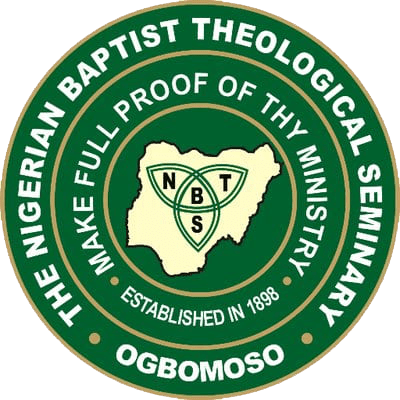THE NIGERIAN CHURCH MUSIC IDEA
The Nigerian Christian music practice is full of cultural heritage. It best reflects an ongoing grassroots discourse of the Christian experience of life in the public domain, both in and the church. Both music ministers and lovers believe that music is a gift from God to humankind Churches understand music to be a vital input to the devotional development. The average Christian sees music ministry as a calling, and it is on the strength of this that Christian singers see themselves as ministers of God because they also minister spiritual verities through music. However, Nigerian churches tend to have designed certain philosophies around their music ministries, drawing from the ethnocultural backgrounds and the changing global terrain due to the inclusive internet technology. There is a mix of cultural styles, and beliefs regarding church music differ in some places. While some see it as a tool to enliven and keep a conducive atmosphere for the worship meeting, others see it as a way to lead worshipers to a spiritual realm where they are amenable to hear and receive the word of God.
To the musically enlightened ones, church music is a worship offering, and a means to express one’s worship from the most profound dimensions of the heart. Ethno-demographic settings may differ in terms of shifts in emphases. However, generally, the Nigerian church music ranges that of jubilant musical expressions (see attached video of singers and members during offertory praise in a Baptist church in Delta State), or the solemn soul searching and Bible inspiring music, and the traditional hymn, native airs, to the locally composed, and English anthems. Some members believe that going to the church without an opportunity to dance or get excited is to be robbed of its spiritual benefits. So, churches reserve the ‘Praise Worship’ (a time of extended chorus medley with clapping and dancing) and the offering time, where many churches allow their members to file out to give their offerings. However, there are controversies about some styles of music that should be used in worship. Styles, such as makossa, apala, and fuji, work based on their association with immoral and ungodly practices in the society. Contrastingly, a few understand the hymn song to be where they connect with the spiritual. This desire for more serene music is usually common among the old folks, who became Christians and or grew up as Christians in the traditional church where they are predominantly performing western style of music. However, Nigerian churches enjoy a mixed music genre.
Music acts such as dance, choreography often referred to as ‘kingdom dance’ by some, also exist. In addition, music concerts and worship programmes are prevalent with the rise of independent and church-based worship ministries such as the ‘Experience’ in Lagos (by Paul Adefarasin’s Church on the Rock) and Glorious Fountain Ministry (lead by Rev Igho Yegbeburu) in Warri. These are some of the church music movements in Nigeria currently encouraging local and international church music in the Nigerian Christian worship space. The average Nigerian Christian loves good music and could change churches for it. However, the text or theology of a song is more important. Also, the young are swayed by what opportunities churches can offer them to express their talent. Churches sensing this now stage talent hunts for youths.
Contributed by Chesirri Mouma Emmanuella and Matthew Amuro.
INTERVIEW INSIGHTS
Click here to see more interview responses
| “Music is a handmaiden. Music is a tool. Music is a slave.”
“Worship can take place from beginning to ending without music and it will be worship and as a tool by God.” |
||
| “Music is one of the greatest tools God has given to us for worship. Music itself is not worship but music is a tool.”
“Music can help you connect very fast to God. We believe God loves music.” |
||
| “[Music] should reflect the people because music is a cultural art.” |

